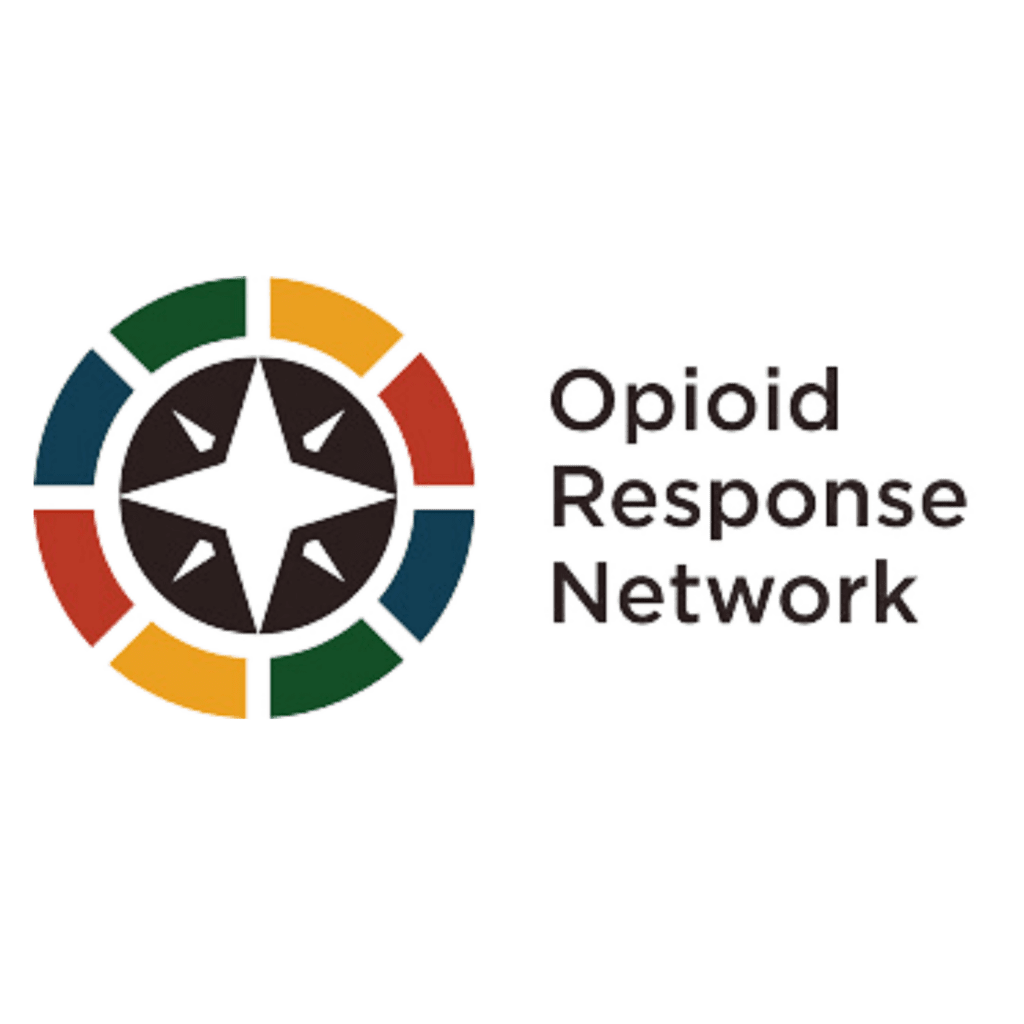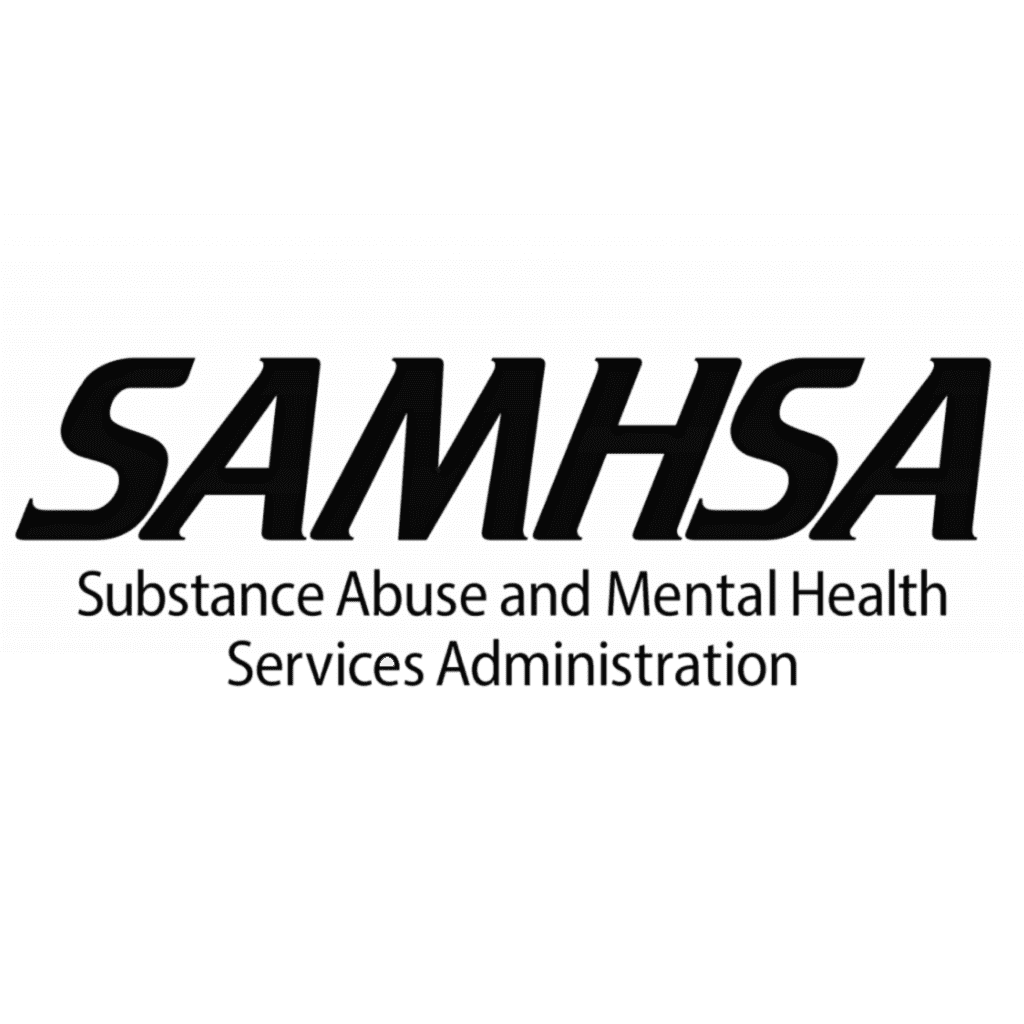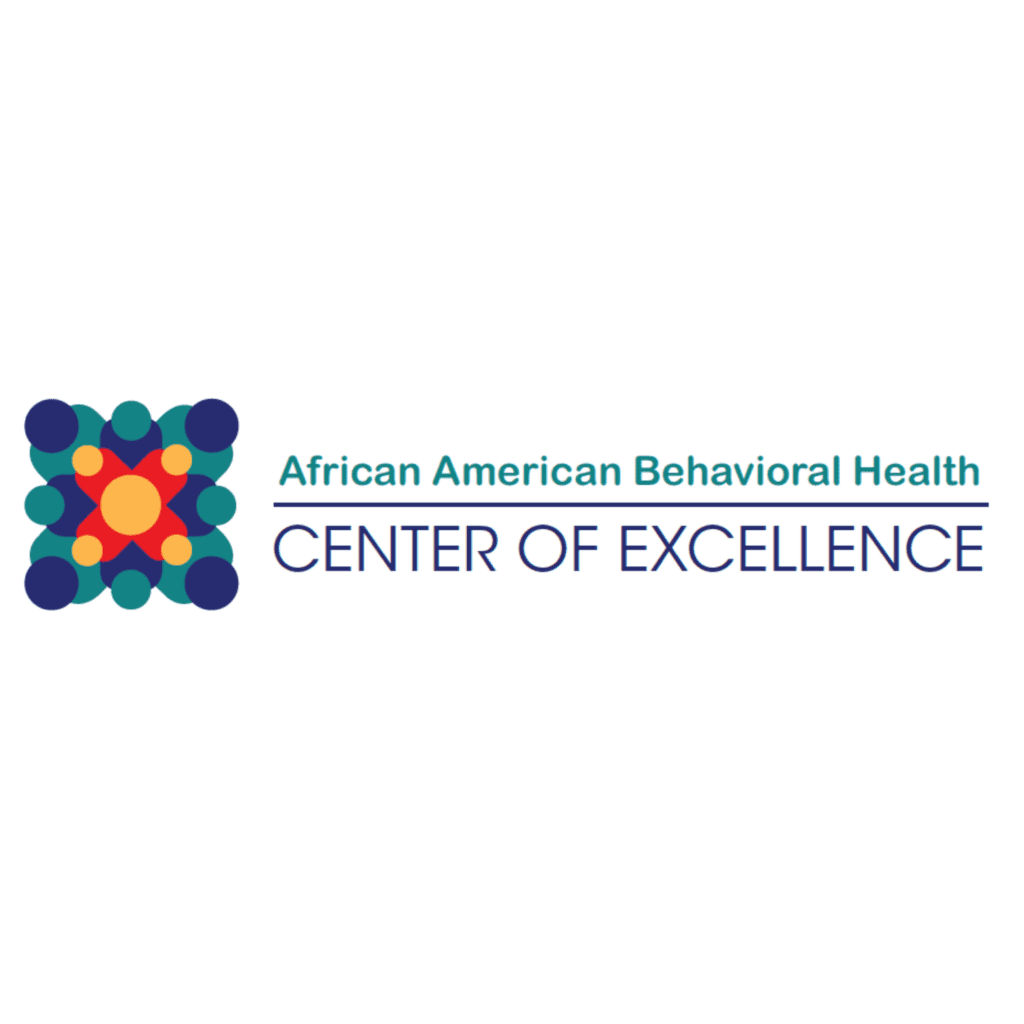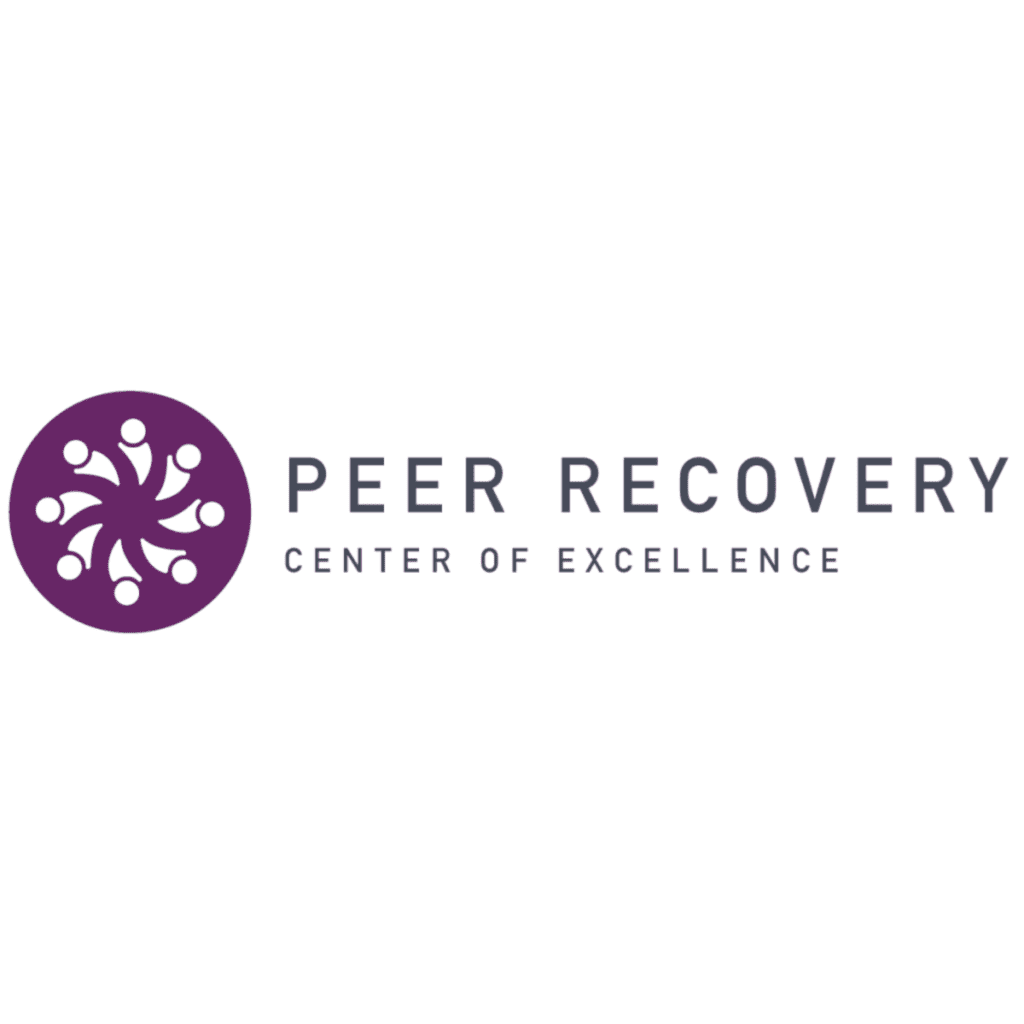Generating systemic change along the addiction recovery continuum
At ARI we work with state and national entities to provide services and outreach to overdose prevention agencies, healthcare workers, those afflicted by substance use, students in social work, and researchers. Grants and government programs focusing on outreach and community services are led by ARI directors with unique invaluable backgrounds in public engagement, substance use prevention and strategy, and clinical healthcare.

South Southwest Addiction
Technology Transfer Center
The Addition Research Institute is the home of the Health and Human Services (HHS) Region 6 South Southwest Addiction Technology Transfer Center (SSW ATTC). The SSW ATTC is one of ten regional technical assistance centers funded by the Substance Abuse and Mental Health
Services Administration (SAMHSA) to accelerate the implementation of evidence‐based and promising addiction treatment and recovery‐oriented practices and services and increasing the knowledge and skills of the workforce serving people with substance use and/or other behavioral health challenges.
Texas Connecting Overdose
Prevention Efforts
TxCOPE was created by community members for the community. Our local EMS and SUD (substance use disorder) providers were pivotal in questioning how we can change the system of overdose surveillance and created TxCope.
By using the app on your online and mobile devices you (anonymously) can report where, when, and how an overdose occurred. TxCOPE then uses that data to track where overdoses are occurring most, as well as the frequency of certain drugs and in turn, creates community-specific targeted plans of action so overdose prevention agencies can set up response efforts in those areas.


Opioid Response Network
The Addiction Research Institute is a partner in the Opioid Response Network (ORN) through its role as the South Southwest Addiction Technology Transfer Center. The Substance Abuse and Mental Health Services Administration (SAMHSA) funds the State Opioid Response – Technical Assistance grant to the American Academy of Addiction Psychiatry in collaboration with the Addiction Technology Transfer Center (ATTC), Columbia University Division on Substance Use Disorders and a large national coalition. The Opioid Response Network focuses on providing free resources and training around the prevention, treatment, and/or recovery of opioid and stimulant use. Anyone needing assistance in these areas can submit a request via the Opioid Response Network website.
Texas Recovery‐Oriented System of
Care–Training and Technical Assistance
(ROSC‐TTA)
Through a contract with the Texas Health and Human Services (Texas HHS), Addiction Research Institute offers in‐depth technical assistance, training, curriculum development, data collection and evaluation on recovery system transformation, adult and youth peer recovery support services and recovery-oriented systems of care through the ROSC-TTA.


African American Behavioral Health Center of Excellence
The Addiction Research Institute is a partner of the African American Behavioral Health Center of Excellence (AABHCoE), established at the Morehouse School of Medicine in the fall of 2020 through a grant from the Substance Abuse and Mental Health Services Administration (SAMHSA). ARI’s role in the partnership is to gather data on best practices and barriers to successful recruitment, retention, and support of African Americans in undergraduate mental
health and addiction counseling, social work, and human services programs, with a focus on conducting interviews with representatives of colleges and universities who have been
successful in recruiting, maintaining, and supporting African American students. Our primary researcher is Ray McKee, Senior Administrative Program Coordinator.
Peer Recovery COE
The Addiction Research Institute is a partner in the Peer Recovery Center of Excellence, which is housed and led by the University of Missouri Kansas City School of Nursing and Health Studies, through a grant from the Substance Abuse and Mental Health Services Administration (SAMHSA). ARI’s role in the partnership is focused on supporting the growth, advancement, and sustainability of the peer recovery support specialist workforce. To that end, our core team engages in work around certification processes for peer recovery support specialists, pay and benefits equity, professionalization of the workforce, and career ladder development, among others.


